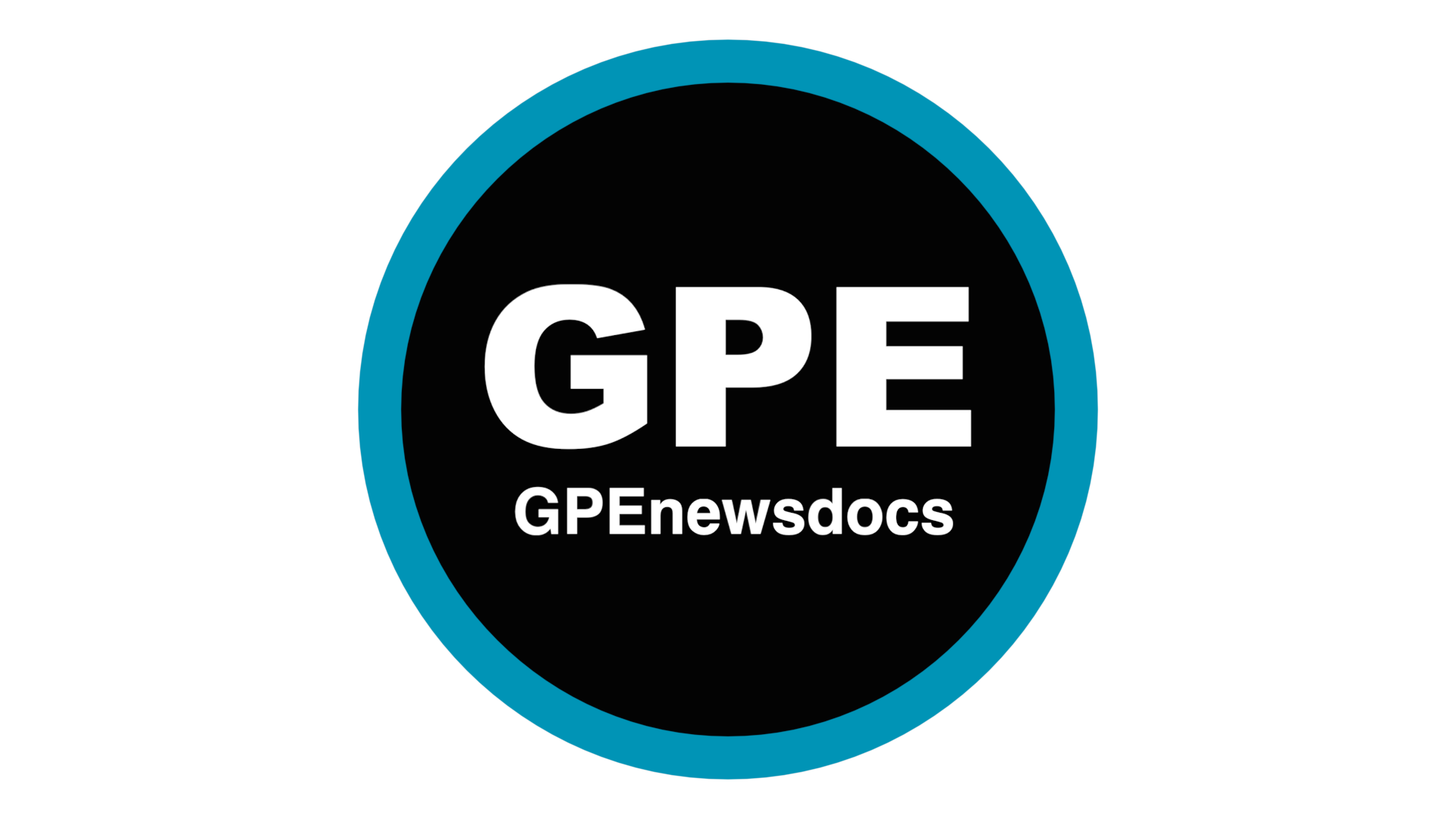A binding solution needs to be established in international law and that’s what the Ecuadorian and South African initiative basically is trying to do says Ambassador Espinosa commenting on a UNHRC resolution to prevent and remedy human rights violations being committed by transnational corporations under current rules of globalization that protect corporate but not human rights.
January 2, 2017 Produced by Lynn Fries
TRANSCRIPT
LYNN FRIES: Welcome to The Real News Network. I’m Lynn Fries in Geneva. In this report we look into a Human Rights Resolution as a 21st century initiative to redress an imbalance between the rights and responsibilities of transnational corporations at the international level.
Transnational corporations have argued for and against international legally-binding rules. For example, they lobbied for one of the most important UN Treaties of the 20th century, the UN multilateral trade agreement that came into force in 1995 with the creation of the World Trade Organization. With this world agreement and regional free trade agreements and investment treaties, corporate rights are protected under legally-binding rules that match the scale and cross-border nature of transnational corporate activities.
Historic support in the 1970s, ’80s and ’90s for a binding UN Code of Conduct to prevent and remedy abuse within transnational corporate systems of global production was disbanded on the argument that transnational corporations are best left to self-regulate under voluntary standards of corporate social responsibility. The UN system has endorsed the UN Global Compact and the UN Guiding Principles on Business and Human Rights.
On the 26th of June, 2014 the UN Human Rights Council adopted Resolution 26/9, giving an Intergovernmental Working Group a mandate to elaborate an international legally-binding framework of human rights law with respect to the activities of transnational corporations. The third session of this Working Group will take place in October, 2017. Here’s a clip of the second session as Transnational Institute’s, Susan George is given the floor.
AMB. ESPINOSA Welcome, Madame George, and you have the floor.
SUSAN GEORGE: Thank you very much for that warm introduction. The general remarks I would like to make first are to remind you of the history of transnational corporations in this institution, in the United Nations. In 1973, the UN Center on Transnational Corporations was founded. It was also trying to create a binding treaty, a code of conduct which would have been the necessary law for transnationals. It lasted for 15 years. It delivered some extremely important reports, but it was eventually crushed by the pressure from the United States on the UN to shut it down. And that happened.
The second thing is that now we only have the Global Compact at the United Nations. Now the principles themselves are very good. No-one can argue with those principles. However, there are several companies, 8,000 I think at last count, that have joined and I don’t doubt for a moment that most of them are totally honest and respect Human Rights. However, there are some egregious cases like Monsanto, which is a member. There was a recent popular tribunal in the Hague this month which heard testimony from people who had been crippled, who had had cancer, birth defects, and an unending list of harm done by Monsanto. Shell is another member. Shell is very well-known, unfortunately, for what it has done in Nigeria, in the Delta. There I don’t think I need to remind you of what has happened. And the Global Compact is all very well. However, a survey made of it in 2008, showed that only 9% of the corporate members had made any effort to diffuse, to explain the principles to their subsidiaries. So, it remains very much something which may have been signed at the top, but which has not become doctrine in the subsidiaries. And it is a part of the enormous trend towards corporate self-regulation, corporate social responsibility as it is known but it is corporate self-regulation.
LYNN FRIES: Joining me in studio to talk to us about Resolution 26/9 is the Chair of its working group, Ecuador’s Permanent Representative to the United Nations Geneva, Ambassador Maria Fernanda Espinosa. The Ambassador previously served as Ecuador’s Minister of Defense, and prior to that as Minister of Natural and Cultural Heritage and as Minister for Foreign Affairs. Ambassador Espinosa, welcome.
AMB. ESPINOSA I’m delighted to be here. Thank you for the invitation.
LYNN FRIES: Start by telling us about this instrument mandated by Resolution 26/9 and your role as Chair of its Working Group.
AMB. ESPINOSA This instrument, this international legally-binding instrument has basically the mandate and the purpose of establishing clarity and regulations for transnational corporations in order to make sure that they do respect the fundamental rights of people and that they do comply with environmental standards wherever they operate.
The Working Group was established by Human Rights Council via the Resolution 26/9 that was historically adopted in June 2014. As Chair of the Working Group, my role is a role of bringing different views together, of establishing an open, transparent, participatory dialogue in order to build a document, a treaty that would enjoy the acceptance of the majority of Member States.
That’s our commitment and the commitment is to continue in the same way that we have started, with an open dialogue, with transparency, with participation, not only of member States but also of civil society, of the victims, of the academic sector. And during the two sessions that the Working Group has held, we have brought to Geneva more than 60 experts, … victims have come but also the voices of the private sector.
Of course, this is an intergovernmental process, Member States have the strongest voice but we work and feed also our work with the contributions of civil society. Civil society around the world has gathered around what is called the Treaty Alliance and the Treaty Alliance hosts more than 1500 organizations around the world that are following and supporting the Treaty process. So, we are also… we have a responsibility towards them and not to disappoint them. Not only the NGOs and social movements around the world, but not to disappoint the victims of Humans Rights violations by big corporations and other business enterprises around the world.
LYNN FRIES: We’re talking about an Open-Ended Working Group, so until by majority acceptance, the mandate is fulfilled work goes on. What makes this a doable task, given powerful UN Member States like the US, the EU, not only voted against the Resolution but boycotted its first working session?
AMB. ESPINOSA We have first to understand that only 47 members, because the UN Member States are 193, so but the voting members are the members of the Human Rights Council, 47 members voted that Resolution. It is true that there was, I would say a divide between industrialized Northern Countries and Southern Countries in the voting process. I think that there were lots of, you know, good signs, signs of hope. For example, the BRICs voted in favor of the Resolution. Well, Brazil abstained but they’re really supporting the process and that’s very encouraging. And Northern Countries voted against the Resolution. I think that if we were to vote the Resolution again, perhaps the cartography of the voting would be different because that we have showed and we have demonstrated that this is a very… this is a not only a doable process, but it’s a much-needed instrument.
And we are collectively building something that is going to really improve the quality of life for people around the world. And I think that we have had enormous progress. I think that the progress is reflected in the very participation of the European Union and European Member States, during the second session. In the first session, yes, we have a little bit of a rough moment, I would say. The European Union decided not to participate, but I think that things have changed. The situation has changed. The context is different and I think that we have now the opportunity, the option, the possibility of really coming up with a piece of international legislation that would make the difference in the 21st century when, of course, we’re speaking about human dignity and human fundamental rights.
LYNN FRIES: Give us some historic perspective on all this. And why this time around, you think there’s a difference in the negotiating context.
AMB. ESPINOSA: Well, first of all, the struggle to bring a multilateral binding framework to regulate the operation of transnational corporations with regard to human rights has been on the agenda of the United Nations’ system for more than 40 years. There have been several attempts to put Member States together and agree on some framework. And that unfortunately has not worked because of the strong lobby of big transnational corporations but also because of the lack of political will from Member States.
So, I think we are in a different situation now. There are more and more countries that feel the need to establish a legally-binding framework. There are hundreds, I would say thousands of victims out there that have suffered from abuses of certain big corporations around the world. We have very emblematic cases like the case of Rana Plaza in Bangladesh. We have the case of the Niger Delta in Nigeria and the role of Shell. We have the case of Chevron Texaco in Ecuador. That really, all these cases, all these bad examples, are telling us that there is a solution. But a binding solution that needs to be established in international law. And that’s what the Ecuadorian and South African initiative basically is trying to do — to give a response to the thousands of victims around the world.
LYNN FRIES: An argument against this push for a binding UN Treaty is that it undermines progress already made in the UN Guiding Principles on Business and Human Rights that was already endorsed in 2011. Explain your views on that.
AMB. ESPINOSA There are two ways or two paths that at the very beginning of the process were two different paths and two polarized ways of, in my opinion, seeking the same goal. One path, one way was the adoption of the UN Guiding Principles on Business and Human Rights. The Guiding Principles as I think the name says it all, they are principles. They are voluntary guidelines for Member States for… to adopt and to establish a voluntary guidance and rules for transnational corporations when dealing with human rights standards.
The other path was the Resolution that was passed by Ecuador and South Africa in June 2014 which basically called UN Member States to start negotiations of a legally-binding instrument on transnational corporations and other business enterprises with regard to Human Rights. The two paths, this soft law, voluntary body that was very much pushed by Norway and the EU Member States and this other initiative led by Ecuador and South Africa, when they started they were… they had like very polarized groups of countries that were supporting them. It was an either-or kind of position and I think that we have now overcome that initial contentious approach to the issue.
We believe that both the soft law – the voluntary approach, and the legally-binding approach, the hard law approach they are mutually reinforcing and they can co-exist. They can learn from each other and we can work together and that’s what we have demonstrated so far.
LYNN FRIES: We’re going to break and be back with part two of this report on the UN Human Rights Council Resolution 26/9, with Ecuador’s Permanent Representative to the UN Geneva, Ambassador Maria Fernanda Espinosa. Ambassador Espinosa, thank you.
AMB. ESPINOSA Thank you.
LYNN FRIES: And thank you for joining us on The Real News Network.
END TRANSCRIPT
Ambassador Maria Fernanda Espinosa is the Permanent Representative of the Republic of Ecuador to the United Nations and other international organizations in Geneva since 26 January 2015. On 6 July 2015, at its first meeting, the Open-ended intergovernmental working group on transnational corporations and other business enterprises with respect to human rights, with the mandate of elaborating an international legally binding instrument, elected Ambassador Espinosa as its Chair-Rapporteur. Some of her prior posts include service as Minister of National Defense of Ecuador & Minister of Natural and Cultural Heritage and Minister for Foreign Affairs
Originally published at TRNN



